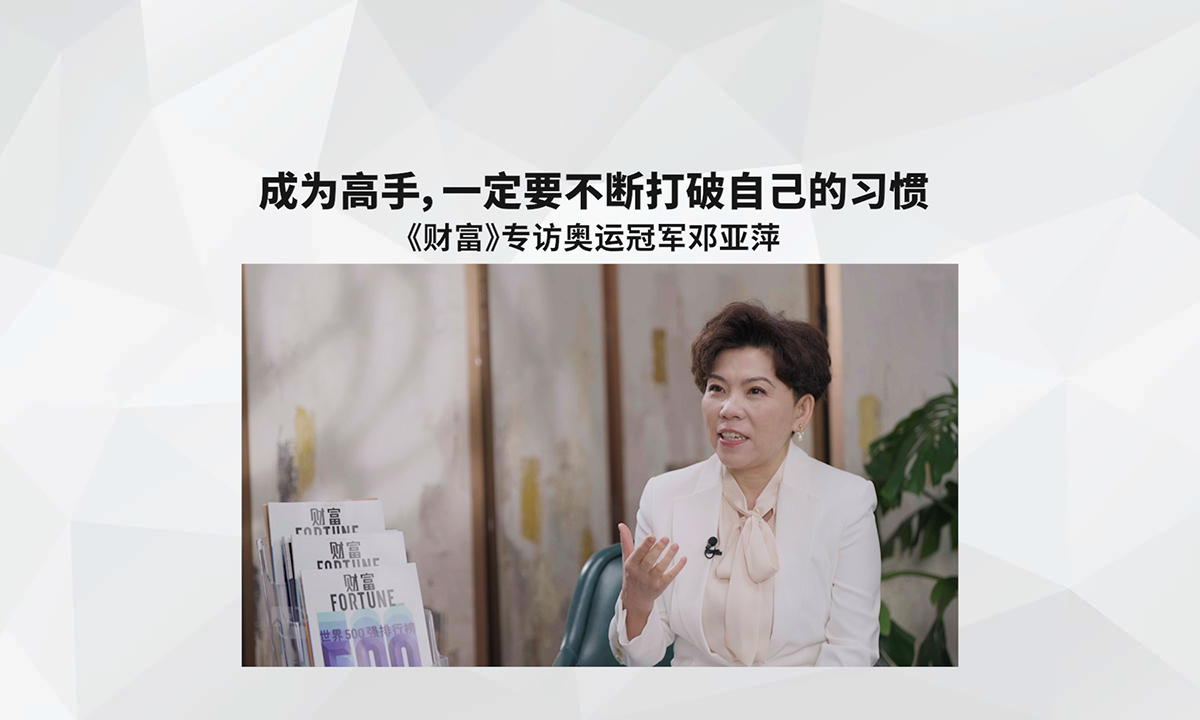美国大数据市场能否腾飞?
|
就加快数据作为一种资产类别的发展而言,商标制度【想一想可口可乐(Coke )和麦当劳(McDonalds)等品牌】可能会发挥尤为重要的作用。特别是,认证标志可能会被证明非常有用。企业和消费者都会从认证机构【比如被广泛认可和信任的UL(美国保险商实验室)】实施的审查和标准符合性测试获益匪浅。
一旦这些机构认证了一种适用产品或服务,它们就允许承办商在商品或服务上附上认证标志。当你购买灯具或烤面包机时,“UL认证”标志提供了一个保证,它确保该电器可以和你家墙上的插座相匹配,并且兼容你家中的整个电气系统。
那么,认证标志如何在大数据行业中发挥作用呢?数据认证标志将证明相关数据是准确的、格式正确且完全覆盖主题。实际上,该标志将证明数据符合分析软件的“壁式插座”。
我们可以设想,标准制定组织确立规范,并按照商定的质量和准确度水平,允许采集、清理、整理、格式化、存储、保留、管理和提供数据的人使用适用的认证标志。而这些标准又可以支持对数据的交叉使用(如零售和医疗保健等行业之间)、后续使用(不再局限于最初采集数据时的目的,比如应用土壤成分数据来了解湿度水平)和研究(比如学术、政府或行业研究者的研究),这些应用必将使大数据成为重要的价值创造者。
目前,我们没有理由认为,必须对知识产权体系进行彻底改革,才能确保知识产权在大数据时代中的安全。我们应该考虑的是,前文所述的情形将给商标制度带来的新机会。最后,大数据将成为另一个衍生自信息与计算机技术,拥有光明前景的领域,而把促进数据行业成长作为政策重点的国家和地区,必将成为这一领域的领导者。
本文作者大卫•J•卡波斯是纽约市Cravath, Swaine & Moore律师事务所合伙人,为客户的各种知识产权问题提供支持。2009年8月至2013年1月期间,卡波斯担任美国专利商标局局长,为总统、商务部长和政府就知识产权政策有关问题提供建议。(财富中文网) 译者:邹焕平/汪皓 |
The trademark system (think brands like Coke and McDonalds) may have an especially important role to play in accelerating the development of data as an asset class. Certification marks in particular may prove quite useful. Businesses and consumers alike benefit greatly from the vetting and standards compliance testing performed by certification organizations, such as the widely recognized and trusted UL (Underwriters Laboratories).
Once these organizations certify compliance by an applicable product or service, they permit the purveyor to affix a certification mark. When you purchase a lamp or a toaster, the “UL Certified” mark provides assurance that the appliance will plug into the socket in your wall and work with your home’s electrical system.
How would this work in the big data industry? A data certification mark would attest that the applicable data is accurate, properly formatted, and thoroughly covers the subject. In effect, the mark would certify that the data’s prongs will fit into the analytical software’s wall socket.
One can envision standards-setting organizations establishing norms and permitting use of applicable certification marks by those who collect, clean, organize, format, store, retain, curate, and provide data according to an agreed-upon level of quality and accuracy. Such standards in turn would enable just the kind of cross-use (between industries like retail and healthcare), follow-on use (beyond the purpose for which the data was originally collected, such as where soil composition data is used to understand moisture levels), and study (such as by academic, government, or industry researchers) that promise to make big data a huge creator of value.
At present, there is no reason to believe radical changes are needed in the IP system to render it safe for the advent of the data era. New opportunities for the trademark regime along the lines described above should be considered. In the end, the nations and regions that maintain a policy focus on fostering the growth of the data industry will be well positioned to lead into another promising field spinning out from information and computer technology.
David J. Kappos is a partner at New York City-based law firm, Cravath, Swaine & Moore, where he supports the firm’s clients with a wide range of intellectual property issues. From August 2009 to January 2013, Kappos served as director of the U.S. Patent and Trademark Office, advising the president, secretary of commerce and the administration on intellectual property policy matters. |











